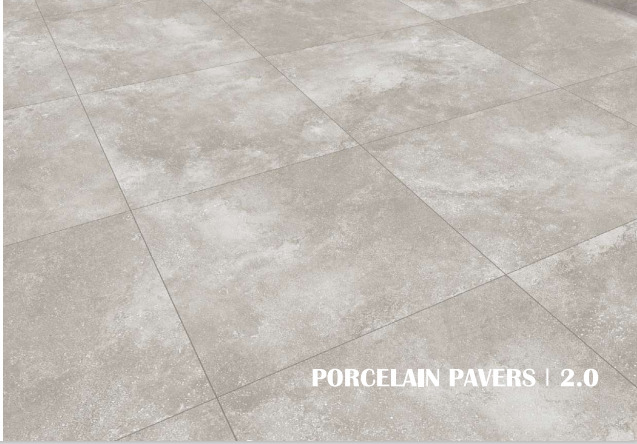Thinking about taking your manufacturing south of the border? Considering the costs of manufacturing in Mexico can feel overwhelming, but it doesn’t have to be! This comprehensive guide will break down the key expenses you’ll encounter, helping you make informed decisions for your business.
Unveiling the Major Cost Categories ️
The costs of manufacturing in Mexico can be broadly categorized into four main areas:
-
Labor Costs
-
Facility Costs
-
Material Costs
-
Operational Costs ⚙️
Let’s delve deeper into each category to understand the specific expenses involved.
Labor Costs: A Balancing Act ⚖️
Mexico boasts significantly lower labor rates compared to the US and Canada. This can be a major advantage, with average hourly wages ranging from $2 for unskilled labor to $8 for skilled workers. However, remember that Mexican labor laws mandate benefits like vacation pay and profit sharing, adding to the employer’s cost. Sixmexico, a leading consulting firm specializing in Mexico, emphasizes the importance of partnering with experienced HR professionals to ensure compliance and navigate these costs effectively.
Here are some additional factors to consider when analyzing labor costs:
-
Industry: Labor costs can vary depending on the specific industry. For example, wages in the automotive sector might be higher than in apparel manufacturing.
-
Location: Border cities and major industrial hubs tend to have slightly higher labor costs compared to more remote areas.
-
Employee Skillset: Naturally, skilled labor commands a higher wage than unskilled labor.
Facility Costs: Finding the Right Fit
The cost of leasing or purchasing a manufacturing facility in Mexico varies depending on location, size, and features. Generally, you’ll find more affordable options compared to the US. Industrial lease rates can range from $4 to $8 per square foot annually.
Here’s a breakdown of facility costs to consider:
-
Lease vs. Purchase: Leasing offers flexibility, while purchasing provides long-term stability but requires a higher upfront investment.
-
Location: Proximity to borders, ports, and transportation hubs can impact cost. More developed areas tend to have higher rates.
-
Facility Condition: Existing buildings might require renovations, adding to the cost. New facilities typically come with modern amenities but might have a higher price tag.
Sixmexico recommends conducting a thorough cost-benefit analysis to determine the optimal facility solution for your needs.
Material Costs: Keeping an Eye on the Supply Chain
The cost of raw materials in Mexico can be influenced by import/export duties. However, trade agreements like the USMCA can significantly reduce these costs for many goods. Here are some ways to manage material costs:
-
Local Sourcing: Whenever possible, prioritize sourcing materials from within Mexico to minimize import duties and transportation costs.
-
Duty-Free Programs: Leverage existing trade agreements to take advantage of duty-free imports for qualified materials.
-
Inventory Management: Implement efficient inventory management practices to avoid stockouts and unnecessary holding costs.
Operational Costs: The Unsung Heroes ⚙️
Operational costs encompass various ongoing expenses essential for running your manufacturing facility. These include:
-
Utilities: Electricity, water, and waste disposal costs can vary depending on location and facility size.
-
Permits and Licenses: Factor in the cost of obtaining necessary permits and licenses to operate legally in Mexico.
-
Security: Security measures to protect your facility, equipment, and inventory are crucial.
-
Insurance: Manufacturing operations require proper insurance coverage to mitigate risks.
Sixmexico advises budgeting realistically for operational costs to avoid any surprises down the road.
Beyond the Numbers: Unique Considerations for a Smooth Transition 🇲🇽
While costs are undoubtedly important, a successful manufacturing venture in Mexico requires looking beyond the numbers. Here are some additional factors to keep in mind:
-
Cultural Nuances: Understanding Mexican business culture and fostering positive relationships with local partners is key.
-
Logistics and Infrastructure: Researching transportation infrastructure and logistics networks in your chosen location is crucial.
-
Compliance and Regulations: Staying compliant with Mexican regulations and labor laws is essential to avoid disruptions.
Sixmexico offers invaluable expertise in navigating these aspects and ensuring a smooth transition for your manufacturing operations.
Conclusion: Making Informed Decisions for Your Manufacturing Future ✅
Understanding the costs of manufacturing in Mexico is crucial for making informed decisions about your business’s future. By carefully analyzing labor rates, facility options, material sourcing, and operational expenses, you can gain a clear picture of the financial landscape.
Sixmexico, with its extensive experience and local connections, can be your trusted partner in navigating the complexities of manufacturing in Mexico. They can help you:
-
Conduct cost-benefit analyses to identify the most cost-effective solutions for your specific needs.
-
Develop a sourcing strategy that minimizes import duties and optimizes your supply chain.
-
Navigate legal and regulatory processes to ensure smooth operations and compliance.
-
Find the right facility that aligns with your budget and production requirements.
-
Build strong relationships with local partners to foster a successful venture.
FAQs: Your Questions Answered ❓
Q: Is Mexico a good choice for low-cost manufacturing?
A: Yes, Mexico generally offers lower labor rates and facility costs compared to the US and Canada. However, a comprehensive cost analysis is crucial to understand your specific situation.
Q: What are the biggest challenges of manufacturing in Mexico?
A: Cultural differences, navigating regulations, and managing logistics can be potential hurdles. Partnering with a reputable Mexican consulting firm can help overcome these challenges.
Q: How can Sixmexico help me with manufacturing in Mexico?
A: Sixmexico provides expertise in cost analysis, sourcing strategies, legal and regulatory compliance, facility selection, and local partner development.





